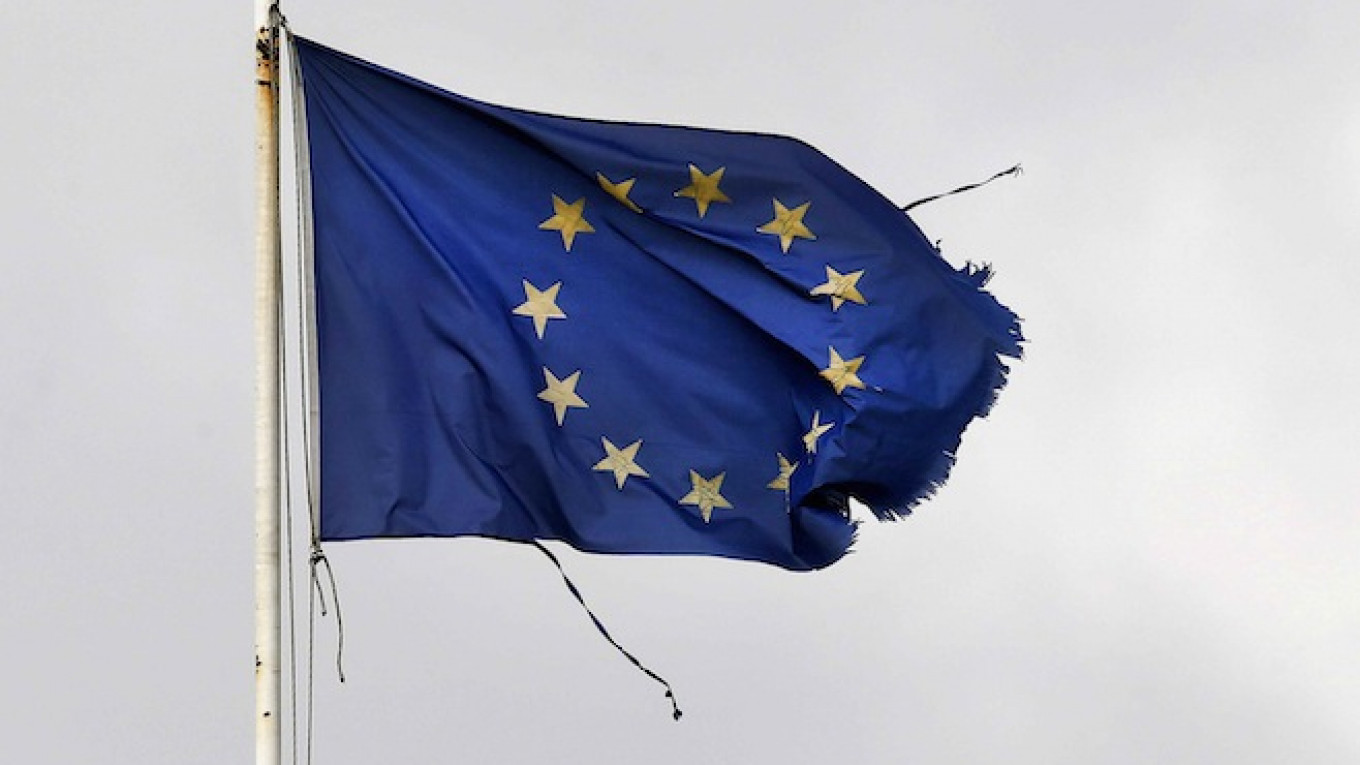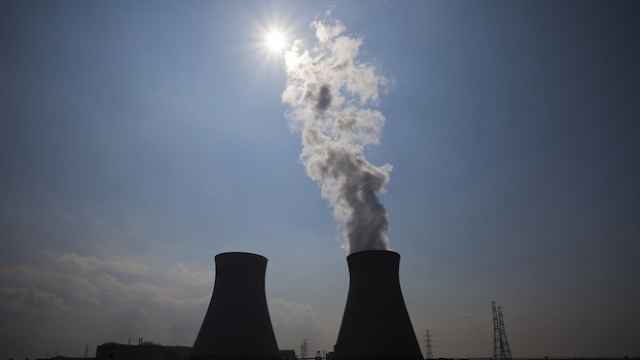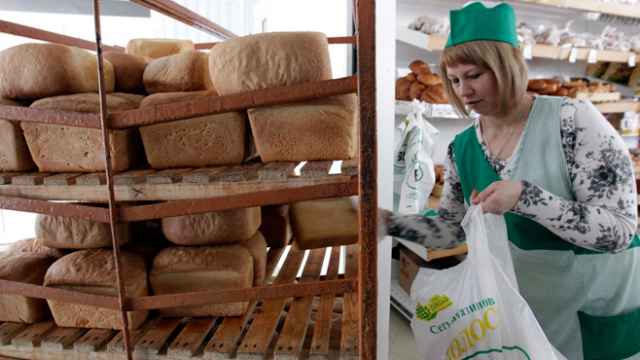European Union leaders are unlikely to reach an agreement at their summit next week to prolong economic sanctions on Russia that expire in July, a senior EU official said Friday.
New sanctions on Russia are also off the table for now because EU governments want to give a chance to a fragile cease-fire in eastern Ukraine.
But some of the EU's 28 member states had pushed for an early decision on extending sanctions on Russia's financial, energy and defense sectors adopted in July last year over Russia's annexation of Crimea and support for separatists in eastern Ukraine.
While leaders will discuss sanctions at next week's summit, the senior EU official said a majority would probably want to hold over discussion of renewing the economic sanctions on Russia until July.
"I don't think there is unanimity at all for the rollover of sanctions, the sanctions that are due in July," the official, briefing reporters on condition of anonymity, said.
Slovak Prime Minister Robert Fico said Friday that new or extended EU sanctions against Russia would not help the cease-fire in eastern Ukraine.
"The cease-fire needs to be supported and we will hardly support it by saying that we will bring some new and further and further sanctions," Fico said in Prague.
The EU is divided on sanctions and Fico has in the past called them "meaningless and counterproductive."
Slovak Foreign Minister Miroslav Lajcak said the prevailing view in the EU was that sanctions should remain in place in their current form for the time being.
"We have not gotten that far that we could talk about canceling sanctions," Lajcak told reporters in Slovakia.
EU governments did agree on Friday to prolong sanctions on a list of Ukrainian and Russian individuals and companies accused of undermining Ukraine's sovereignty, territorial integrity and independence.
The asset freezes and travel bans on 150 people and 37 organizations were extended for a further six months, until Sept. 15. Details will be published in the EU's Official Journal on Saturday.
The decision was a formality after EU foreign ministers agreed in January to extend the sanctions.
A Message from The Moscow Times:
Dear readers,
We are facing unprecedented challenges. Russia's Prosecutor General's Office has designated The Moscow Times as an "undesirable" organization, criminalizing our work and putting our staff at risk of prosecution. This follows our earlier unjust labeling as a "foreign agent."
These actions are direct attempts to silence independent journalism in Russia. The authorities claim our work "discredits the decisions of the Russian leadership." We see things differently: we strive to provide accurate, unbiased reporting on Russia.
We, the journalists of The Moscow Times, refuse to be silenced. But to continue our work, we need your help.
Your support, no matter how small, makes a world of difference. If you can, please support us monthly starting from just $2. It's quick to set up, and every contribution makes a significant impact.
By supporting The Moscow Times, you're defending open, independent journalism in the face of repression. Thank you for standing with us.
Remind me later.






